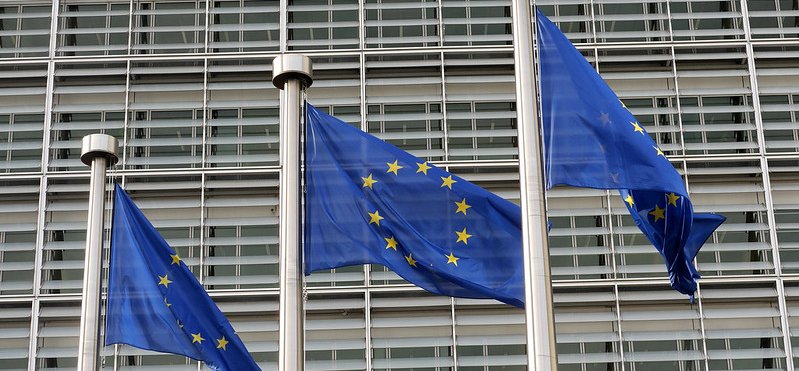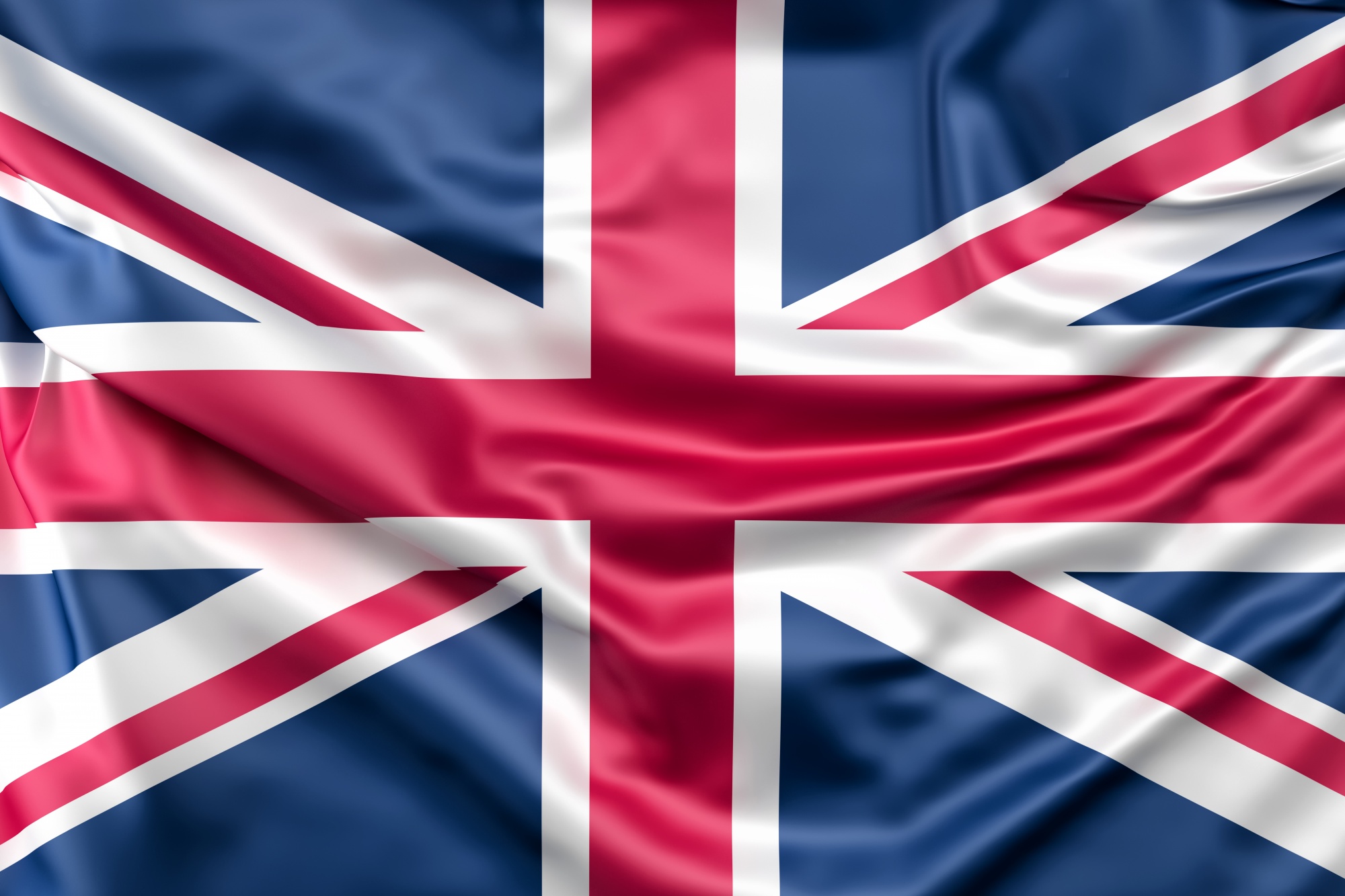The video game company, Nintendo, has denied reports that it lobbied the Japanese government over the use of generative AI. The company issued an official statement on its Japanese X account, clarifying that it has had no contact with authorities.
However, this rumour originated from a post by Satoshi Asano, a member of Japan’s House of Representatives, who suggested that private companies had pressed the government on intellectual property protection concerning AI.
After Nintendo’s statement, Asano retracted his remarks and apologised for spreading misinformation.
Nintendo stressed that it would continue to protect its intellectual property against infringement, whether AI was involved or not. The company reaffirmed its cautious approach toward generative AI in game development, focusing on safeguarding creative rights rather than political lobbying.
The episode underscores the sensitivity around AI in the creative industries of Japan, where concerns about copyright and technological disruption are fuelling debate. Nintendo’s swift clarification signals how seriously it takes misinformation and protects its brand.
Would you like to learn more about AI, tech and digital diplomacy? If so, ask our Diplo chatbot!










